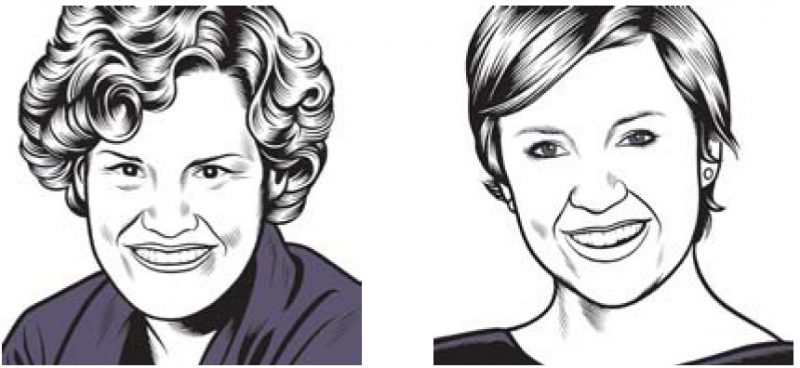My mother gave me all of her childhood books: the Bobbsey Twins, Nancy Drew, the copy of Daddy’s Little Girl that, legend has it, was marked with the tears my grandmother shed while reading this somewhat-maudlin tale of love and loss.
My mother had saved these books for me because she knew this essential truth: little girls love to read. They especially love to read books that feel like secrets, adult secrets, or perhaps their own secrets being quietly recited back to them. Hence, nine-year-old me stealing a copy of Lolita and finishing the whole thing despite having understood only scattered phrases.
When we, as young women, are given the space to read, the act becomes a happy, private corner we can return to for the rest of our lives. We develop this love of reading by turning to stories that speak to the most special, secret parts of us. And here comes Judy Blume.
As a child I went through many reading phases: Holocaust fiction, Victorian sagas, sci-fi (the result of a fascination with the futuristic architecture of the basement bookshop on St. Marks Place where my dad bought his paperback Dune novels). But Judy Blume was never a phase, because she had books that were just right for each of my selves: the fourth-grader trying to understand why I was so annoying to the people around me (the Fudge books); the seventh-grader begging for breasts (Are You There God? It’s Me, Margaret; Deenie); the teenager trying to understand the fervent, feverish love I felt for my friends (Summer Sisters). And there Judy Blume was, on the back page, smiling wide in a riding jacket with her signature cap of curls.
When I visit Blume in her Upper West Side home, that same face answers the door. Stunned by her familiarity, I follow her into a sunny living room filled with perfectly aged books and a husband who isn’t aging so badly himself. Her view is something to aspire to. Our ensuing conversation is a reminder of so much: the hilarious misperceptions of the innocent, the transformative power of art, and why it’s essential to eat a good breakfast.
—Lena Dunham
I. IN THAT OTHER PLACE
LENA DUNHAM: It’s kind of impossible to overstate how much what you do has made it possible for me and so many women I admire to make their work. It’s informed our perspective, and I wanted to tell you a brief anecdote, which is that I, like a lot of children, had a babysitter who was reading Forever. She was staying with us for the summer and reading...
You have reached your article limit
Sign up for a digital subscription and continue reading all new issues, plus our entire archives, for just $1.50/month.
Already a subscriber? Sign in





